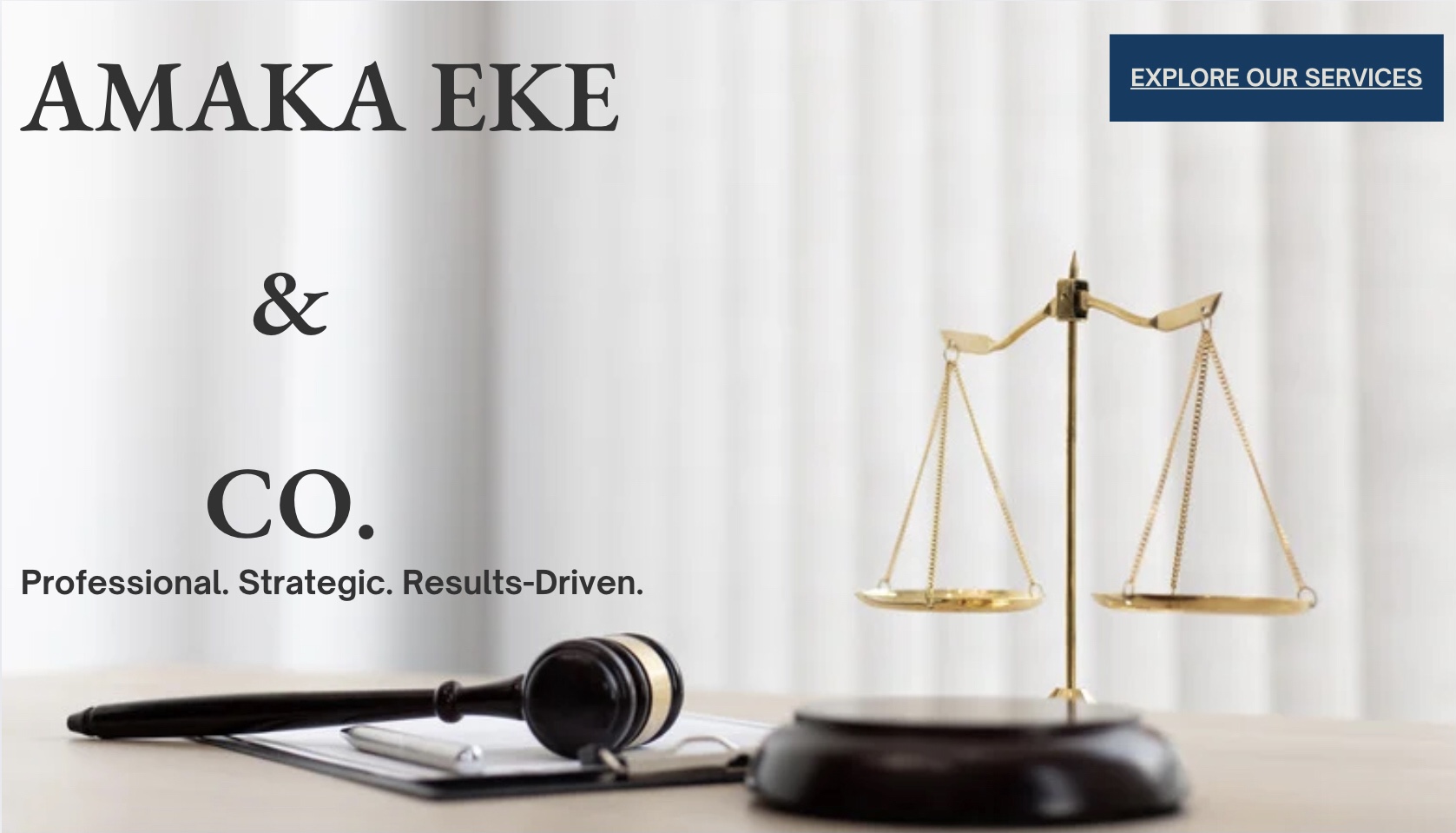Introduction
Money laundering sounds like something out of a crime movie, but it’s a real offence with serious consequences in Nigeria. It happens when someone tries to hide the source of money gotten from illegal activities—like fraud, kidnapping, corruption, or drug trafficking—so that it looks like clean, legal money.
This post explains what makes up a money laundering charge and the possible ways to defend yourself if accused.
What Is Money Laundering?
Money laundering means taking money gotten from crime and trying to make it look like it came from a legal source. It usually happens in three steps:
Placement – putting the illegal money into the financial system (like a bank).
Layering – moving it around in many transactions to hide the source.
Integration – spending or investing it so it looks legitimate.
What Can Lead to a Money Laundering Charge?
You can be charged with money laundering if:
The money came from a crime (like fraud or bribery).
You knew (or had strong reason to suspect) the money was illegal.
You helped hide, move, or use the money to make it look clean.
You cannot explain where large sums of money came from.
What Are the Penalties?
If found guilty, you may face:
Up to 14 years in prison.
A fine of ₦10 million or more.
Seizure (forfeiture) of the money or property involved.
What Are the Possible Defenses?
There are a few ways a person can defend themselves in a money laundering case:
You didn’t know the money was illegal: If you honestly didn’t know and had no reason to suspect, that could be a defense.
The money came from a legal source: You can prove the money was earned legally—like from business, salary, inheritance, or savings.
You were forced or threatened: If someone threatened you and forced you to take part, that may be a valid excuse (called duress).
You didn’t try to hide anything: If there was no attempt to hide or disguise the money, the charge might not stand.
Your rights were violated: If the police or EFCC broke the law during the investigation, the case might be challenged.
Conclusion
Money laundering is a serious crime in Nigeria. But like every legal issue, it must be proven with facts. If you or someone you know is accused, it’s important to speak with a lawyer who understands the law.
Disclaimer:
This article is for general understanding only. It is not legal advice. If you are facing a money laundering charge, talk to a qualified lawyer.

Leave a Reply